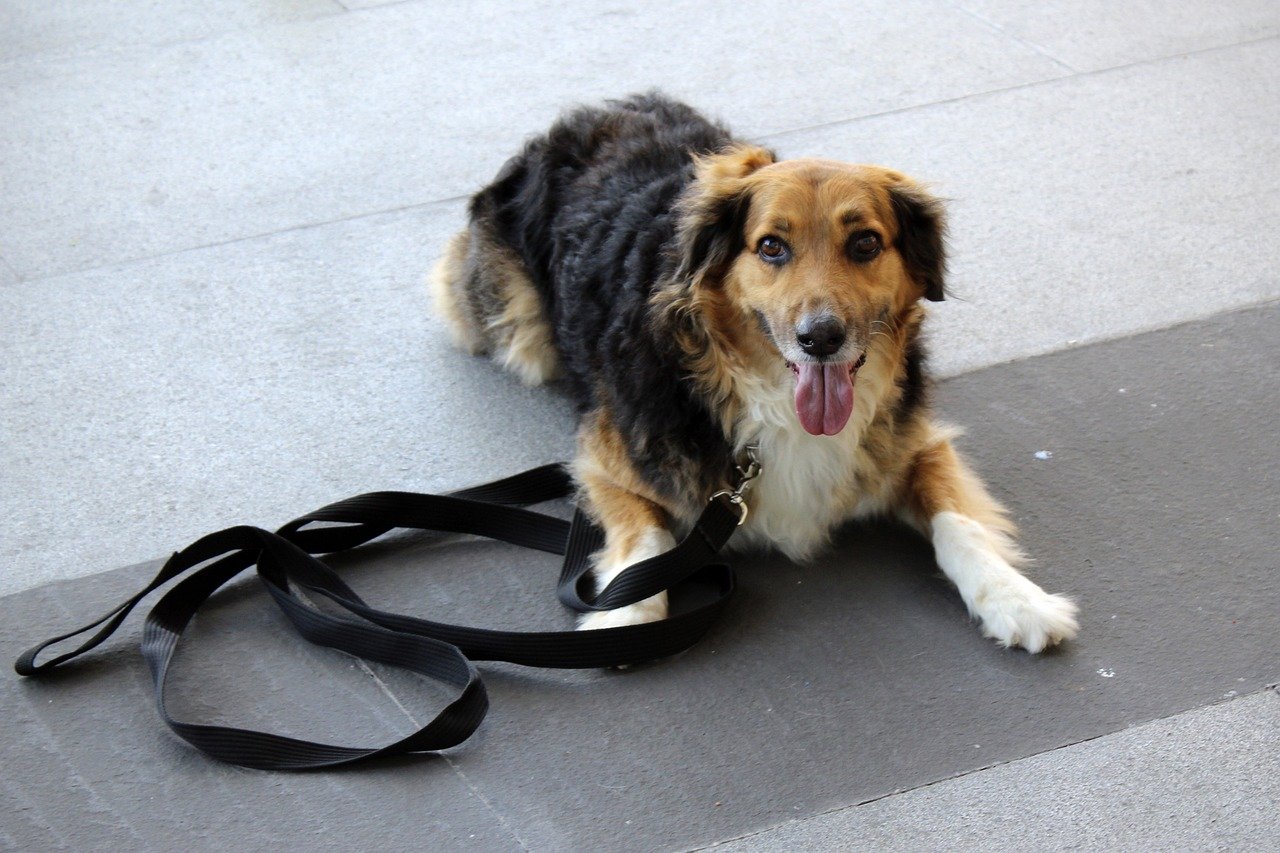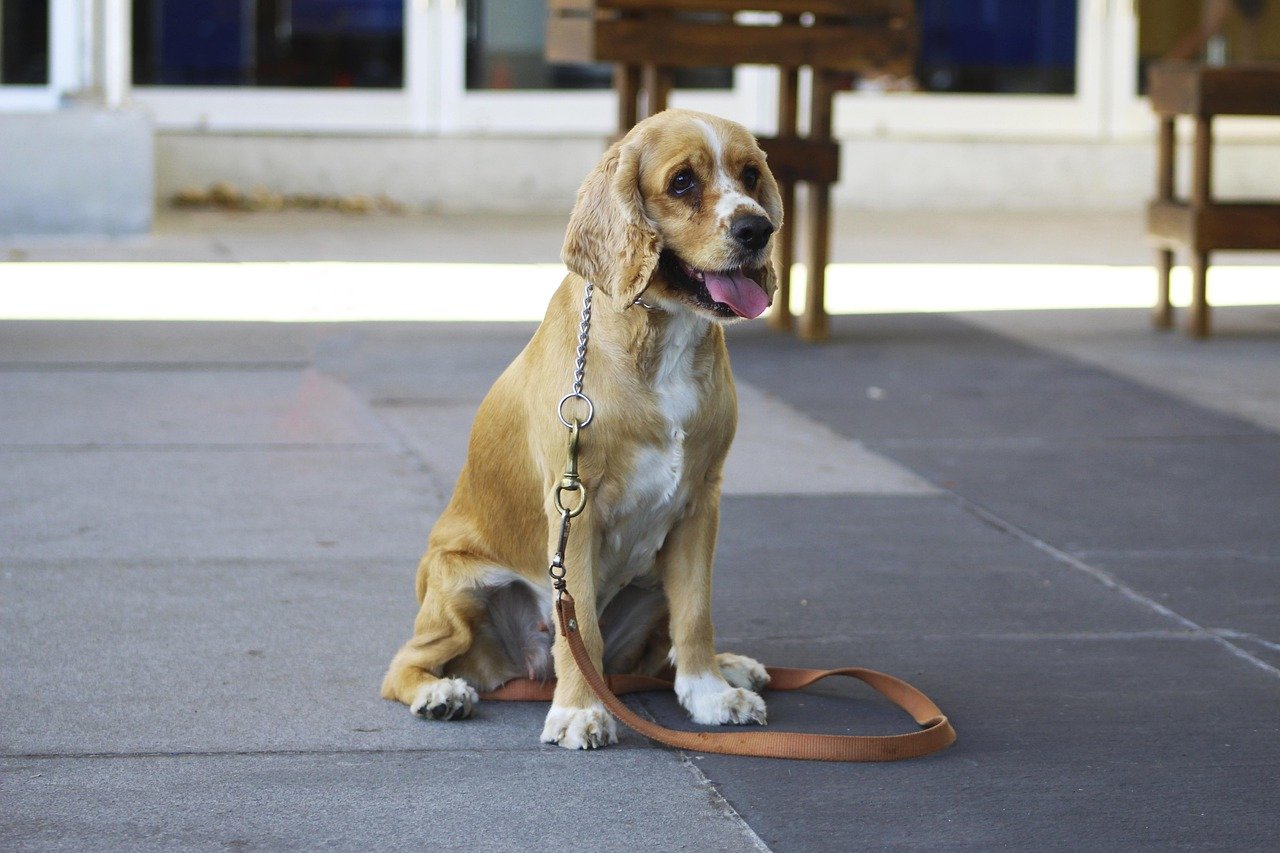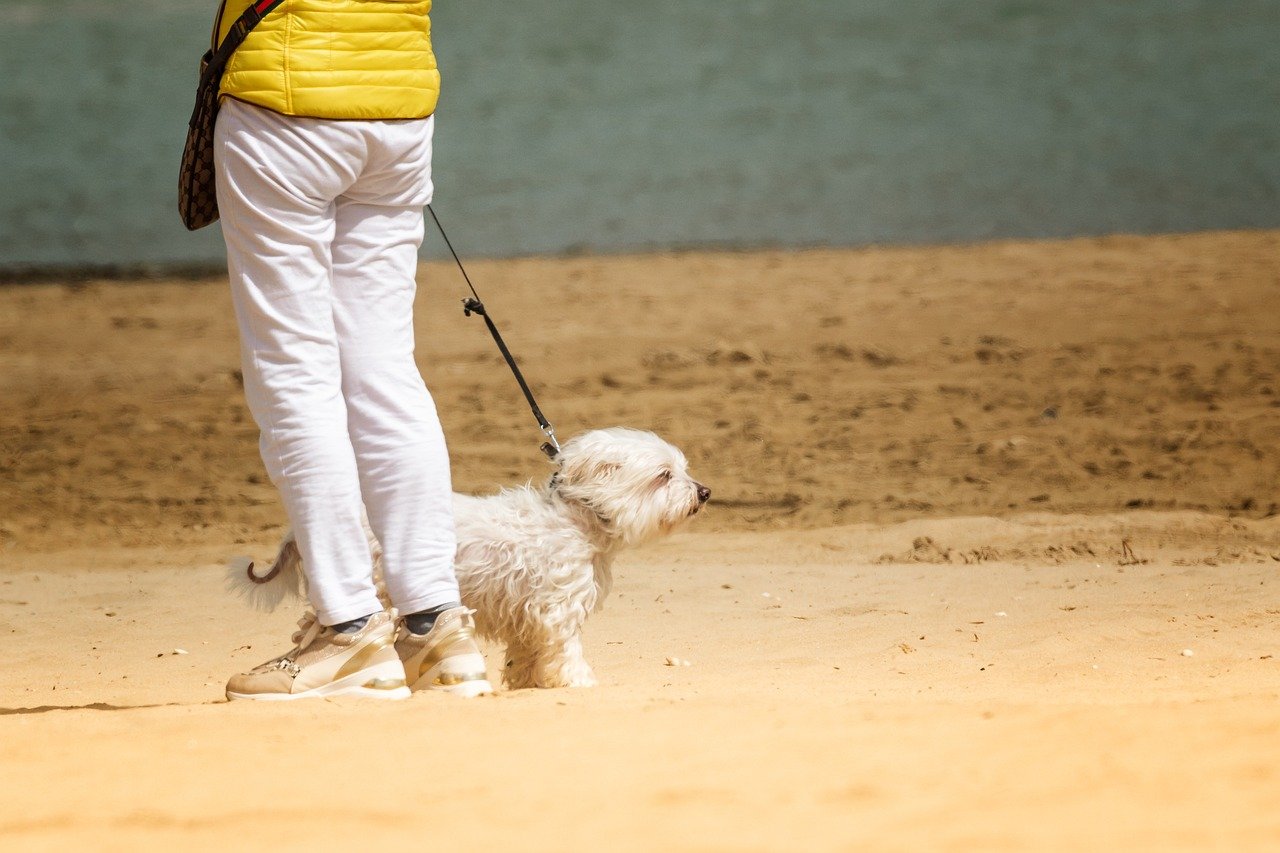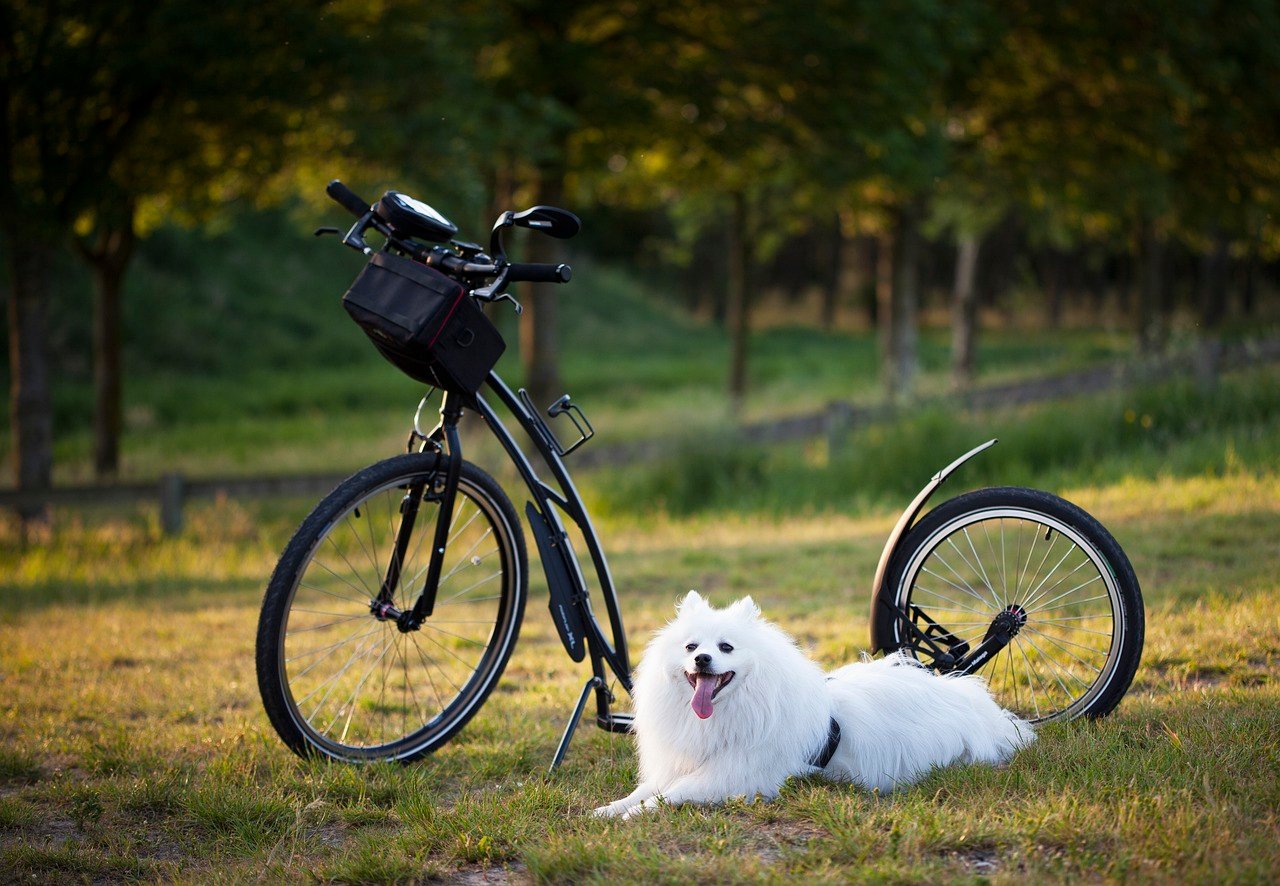Ever wondered why your furry friend seems to thrive on routine? It’s not just about convenience for you; it’s genuinely beneficial for them. Imagine living in a world where you never know when your next meal will be or when you’ll get to go outside. For some dog breeds, a predictable schedule isn’t just comforting—it’s essential. Dive into the fascinating world of canine behavior and discover why some dog breeds truly love a routine.
Just like some people thrive on routine, certain dog breeds feel their best when life follows a predictable schedule. Breeds like Labradors, Golden Retrievers, and Border Collies often crave structure because it gives them a sense of security and purpose. Knowing when it’s time to eat, walk, or play helps reduce stress and behavioral issues. These routine-loving pups are especially great for families who already have a set rhythm to their days. A consistent schedule can keep them happy, calm, and well-behaved—making life easier (and more peaceful) for everyone.
The Nature of Dogs: Creatures of Habit

Dogs are naturally creatures of habit. Just like humans, they find comfort in the familiar. When a dog knows what to expect, it reduces anxiety and creates a sense of security. This is particularly true for breeds that have been bred for specific tasks, such as herding or guarding. These dogs are used to a structured environment, and a predictable schedule can mimic the order they crave. Think of it like a child with a bedtime routine; it helps signal that everything is okay and under control.
Understanding Canine Anxiety
Anxiety in dogs is more common than many might think. Changes in routine can be a major trigger for anxious breeds. Dogs, like people, can experience stress when their environment is unpredictable. A consistent schedule can help alleviate this stress, providing a calming effect. Imagine if your daily routine was suddenly thrown into chaos—it’s unsettling, right? The same goes for our canine companions. A structured day helps them know when to expect walks, meals, and playtime, reducing the anxiety of the unknown.
Why Routine Matters More for Certain Breeds

Some breeds are more sensitive to routine changes than others. Breeds like Border Collies and German Shepherds, known for their intelligence and work ethic, often thrive on routine. They are task-oriented and need mental stimulation, which a predictable schedule provides. On the other hand, more laid-back breeds might not be as affected by a lack of routine. It’s essential to understand your dog’s breed tendencies to cater to their specific needs effectively.
The Role of Instincts in Routine-Loving Breeds

Instinct plays a significant role in why some breeds love routine. Dogs are descendants of wolves, pack animals that follow a strict hierarchy and schedule. Certain breeds have retained these instincts more strongly. For instance, herding breeds have an innate desire to organize and control their environment. A predictable schedule satisfies this instinctual need, providing them with a sense of purpose and fulfillment.
Routine and Training: A Perfect Pair
Training a dog is much easier when a routine is in place. Dogs learn through repetition and consistency, making a regular schedule a valuable training tool. When a dog knows what to expect, they can focus better and respond to commands more effectively. It’s like learning a new language; practice makes perfect. A routine provides the practice needed for dogs to understand and follow commands, reinforcing good behavior.
The Emotional Connection to Routine
Dogs form strong emotional connections with their owners, and routines can enhance this bond. When a dog knows they can rely on their owner to provide meals, walks, and playtime at consistent times, it builds trust. This trust is crucial for a healthy, happy relationship. Imagine if a friend showed up at random times without warning; it would be hard to maintain a close relationship. The same principle applies to dogs and their schedules.
Adapting to Changes: The Importance of Gradual Adjustments

While routine is important, life is full of unexpected changes. Dogs can adapt to these changes, but it’s crucial to introduce them gradually. Sudden shifts can be jarring for routine-loving breeds. It’s like suddenly changing the rules of a game; it takes time to adjust. By slowly introducing new elements into their routine, dogs can adapt more comfortably and with less stress.
Creating a Balanced Routine

A balanced routine is key to a happy dog. This includes regular feeding times, exercise, play, and rest. Each element is crucial for a dog’s well-being. Over-scheduling can be just as detrimental as no schedule at all. It’s about finding the right balance that suits your dog’s needs. Think of it as creating a balanced diet; too much or too little of one thing can lead to problems.
The Long-Term Benefits of a Predictable Schedule
The benefits of a predictable schedule extend beyond immediate comfort. Long-term, it can lead to a healthier, happier dog. Dogs with a consistent routine often exhibit fewer behavioral issues, are more relaxed, and have a stronger bond with their owners. It’s like building a solid foundation for a house; it provides stability and support for everything else.
In conclusion, a predictable schedule is more than just a convenience for dog owners; it’s a vital component of a dog’s well-being. By understanding and respecting your dog’s need for routine, you can create a harmonious and fulfilling environment for your furry friend. Isn’t it amazing how something as simple as a schedule can make such a significant difference in a dog’s life?

Andrew Alpin from India is the Brand Manager of Doggo digest. Andrew is an experienced content specialist and social media manager with a passion for writing. His forte includes health and wellness, Travel, Animals, and Nature. A nature nomad, Andrew is obsessed with mountains and loves high-altitude trekking. He has been on several Himalayan treks in India including the Everest Base Camp in Nepal.






